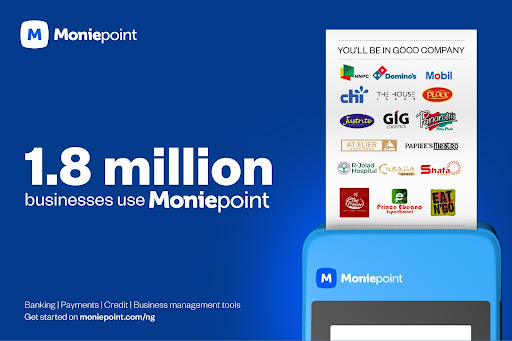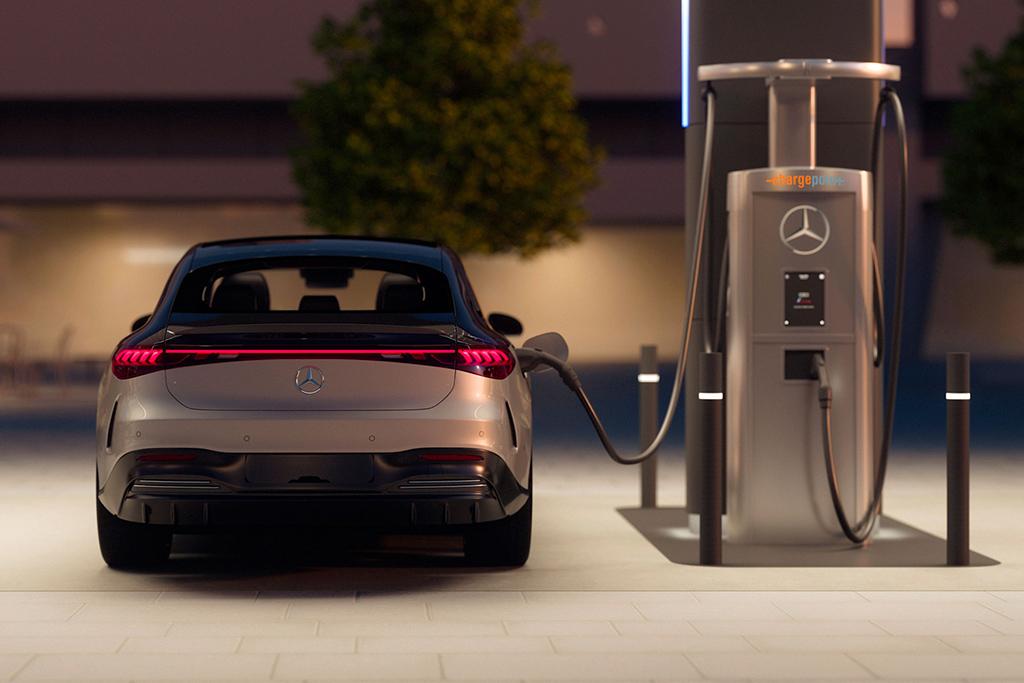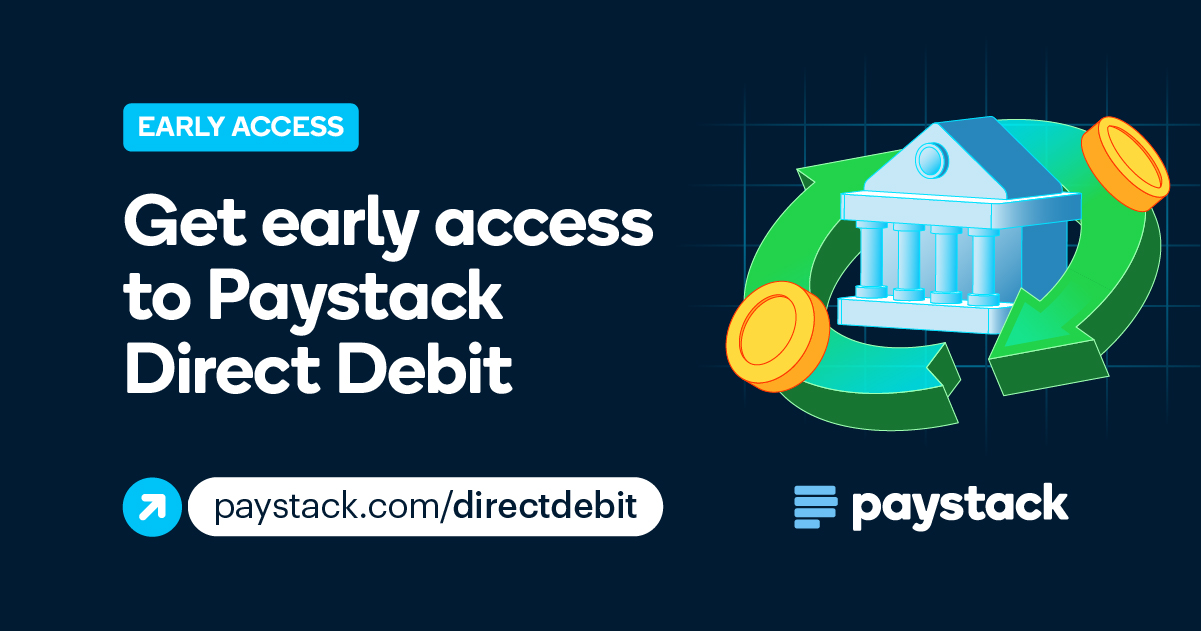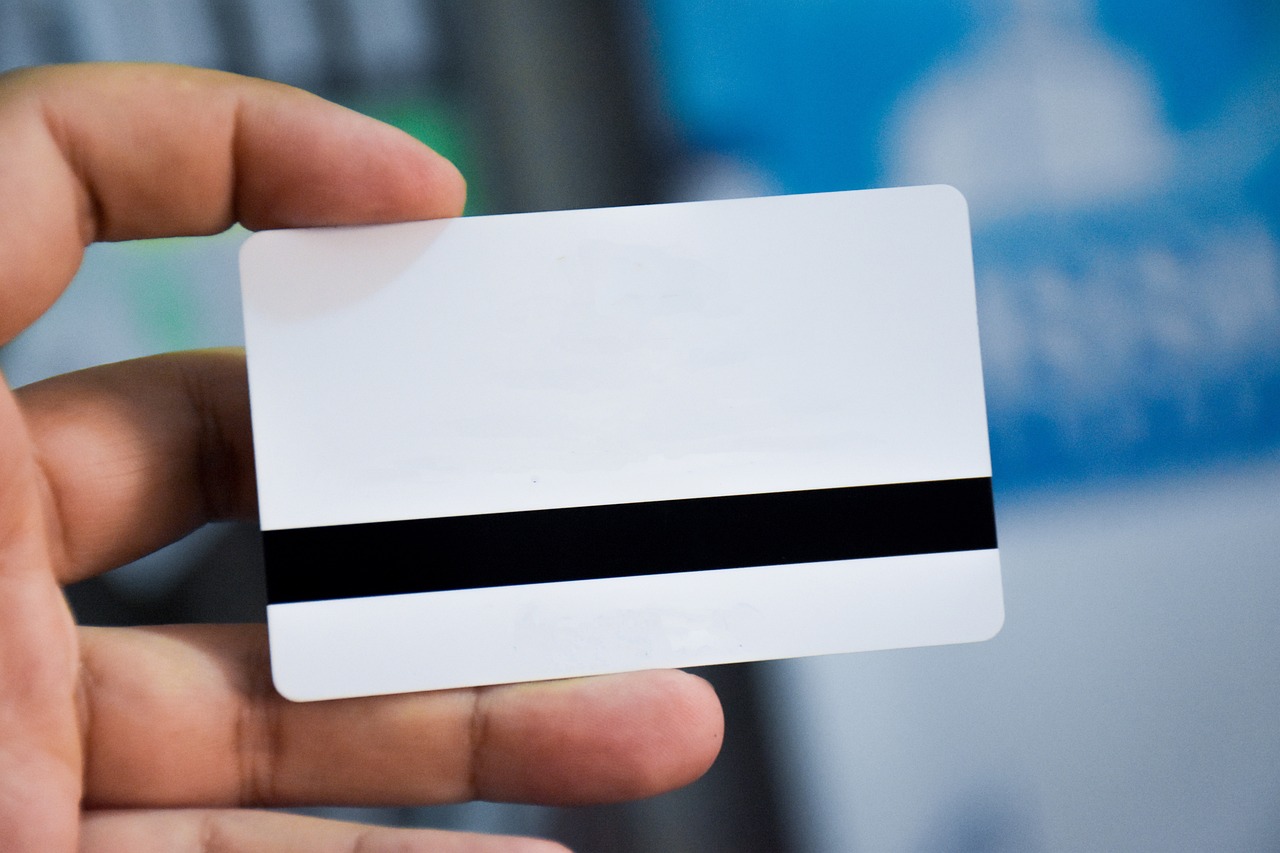

Good morning ☀️
We are hiring!
We’re on the hunt for experienced senior reporters in Nigeria, South Africa and Kenya to help drive our tech coverage. If you’re passionate about the business of tech in Africa, love storytelling, and have significant newsroom experience, then join us.
If this sounds like someone you know, please share this opportunity with them.
Showmax now leads Africa’s streaming market

It looks like fewer people are Netflixing and chilling in Africa.
Showmax, MultiChoice’s streaming service, now accounts for 40% of the continent’s streaming market. Netflix, which led the African market in 2021 with 40% of the market has seen a slight decrease since then. Showmax now has 1.8 million subscribers while Netflix has 1.6 million.
How did Showmax outplay Netflix? Showmax CEO, Marc Jury, says that the company’s 1.8 million subscribers are due to its decision to double down on local content production. The company channelled $1 billion into content production and acquisition on the continent in the financial year ending in 2023.
What has Netflix been doing? Netflix has grown to 1.2 million subscribers in the past four years. South Africa remains its largest market, accounting for 73.3% of its subscriber base. Nigeria, Africa’s most populous country, remains a small market for the streaming service—at 10.5%—despite significant marketing activities and a major content acquisition.
Why are things slow in Nigeria? According to research firm Omdia, one hindrance to Netflix’s subscriber growth is the low penetration of credit and debit cards in many regions, which has affected how Africans pay for the streaming platform.
Access payments with Moniepoint

Moniepoint has made it simple for your business to access payments while providing access to credit and other business tools. Open an account today here.
Mercedes-Benz to roll out 127 charging stations in South Africa

South Africa’s mobility market is getting more electric…and it’s pretty ironic.
Mercedes-Benz will be rolling out 127 new electric vehicle (EV) charging stations worth $2.13 million in South Africa next year.
The country already has over 400 public and private charging stations. Per MyBroadband, other electric vehicle manufacturers, distributors, and charging network managers have announced plans to install more next year and bring the number of charging stations to 700. The country’s surging demand for electric vehicles across the country is ironic considering that it is grappling with an energy crisis.
What energy crisis? For 15 years, South Africa has been experiencing widespread national blackouts. The electricity supply is unable to meet the demand, and since 2007, the blackouts, termed “load shedding”, have only gotten more frequent. The International Monetary Fund (IMF) recently attributed the crippling power cuts to the country’s record-breaking weak performance this year.
It is not just that: These cars are also heavily taxed! The value-added taxes (VAT) on electric vehicles like those imported by Mercedes-Benz make the cars more expensive in South Africa than in many other places in the world. For example, in May, the price of an imported pickup truck in South Africa was around 89% higher than the retail price in the US.
It is not personal: It is not only individuals who are buying electric cars, bikes, or other vehicles in South Africa. The country has seen a lot of businesses including ride-hailing and delivery startups adopt electric vehicles. For example, Uber recently disclosed that in December, it will launch its first electric vehicle-based service, known as Uber Package, in Cape Town, South Africa.
Get early access to Paystack Direct Debit

Paystack has partnered with NIBSS to develop Paystack Direct Debit – a fully digital solution for processing direct debits from customers’ bank accounts in Nigeria. Get early access →
Bolt Food exits South Africa

Bolt Food announced, on Friday, that it would shut down operations in South Africa from December 8, just two days after the company announced its exit from Nigeria.
Why? A spokesperson for the company shared that it was shutting down due to “business reasons”, which is similar to the reason cited for the exit from Nigeria. The company has struggled to scale and control more than 5% of the food delivery market in these two countries despite the advantage of a bigger company presence.
Last week, TechCabal reported that Nigerian food delivery service, Chowdeck, grew 10x in ten months and crossed ₦1 billion ($1.2 million) in monthly transaction volume. In South Africa, the food delivery market is expected to generate over $2 billion in revenue in 2023 with about 22.7 billion users by 2027. Despite these ripe markets, Bolt Food has struggled to deliver due to poor malpositioning.
An over-confident approach: In Nigeria, Bolt’s foray into the food delivery sector lacked the same tenacity exhibited with its ride-hailing service—or perhaps it depended on the popularity of its ride-hailing service. Over the past two years, the service has grappled with complaints from its Nigerian customers who cite extended delivery times, limited coverage, and a constrained vendor list. While the company’s communications manager said Bolt had “heavily invested in the Nigerian market” including providing incentives to encourage customers, there were simply better services in the same market.
In South Africa, the company hoped to appeal to users by offering lower prices for deliveries in some cases, but even this failed to retain users who had favourable alternatives like OrderIn and MrD Foods provided better.
Eyowo postpones resumption of banking services again

Eyowo, one of Nigeria’s oldest digital banks has once again postponed its resumption.
Backstory: In May, the Central Bank of Nigeria (CBN) revoked the fintech’s microfinance bank licence, and since then, Eyowo’s customers have been unable to withdraw their deposits from the platform. The fintech promised customers that it would resume operations by November 10, but it has now postponed the date.
Why was it postponed? Eyowo told TechCabal that it was due to circumstances beyond its control. The CBN’s authorisation is a big step forward, but it needs to be followed by a lot of other procedures that Eyowo has to work with other parties to fulfil. This includes changing its name and relisting on NIBSS, the country’s central switch. However, it expects to be up and running in four weeks.
What about the customers? While it worked to resolve its differences with the CBN, Eyowo used its payment service provider license (PSP) to partner with Providus Bank to enable some customers to have access to their money. Other Eyowo customers have resorted to buying airtime with their deposits and redeeming the cash on other platforms like Palmpay.
Zoom out: The initial revocation of Eyowo’s MFB licence had raised existential concerns about the 6-year-old fintech, but the startup seems to keep inching close to the light at the end of the tunnel.
The World Wide Web3
Source:

|
Coin Name |
Current Value |
Day |
Month |
|---|---|---|---|
| $36,777 |
– 0.99% |
+ 36.98% |
|
| $2,087 |
– 1.67% |
+ 34.19% |
|
|
$0.17 |
+ 13.20% |
– 30.00% |
|
| $9.76 |
+ 2.36% |
+ 48.15% |
* Data as of 22:00 PM WAT, November 13, 2023.

Sourcing for institutional size liquidity for African currencies to G25 currencies including USD, GBP and EUR is a pain. Oneliquidity is Africa’s leading Liquidity provider; we provide the best prices and reliable liquidity for institutional players 24/7 via OTC, API and GUI. Onboard now and start getting quotes.
- Abidjan’s Next Fintech Forum (NFF), one of the largest fintech events in Francophone Africa, is organising its event around the theme “Fintech and Commerce: How Fintech will shape commerce in Francophone Africa”, on November 16th and 17th at the Radisson Blu, Abidjan. Find out more here.
- Interested in discovering how tech is driving Africa’s economic boom? Then the 2023 Africa Tech Festival is for you. With over 200+ speakers including South Africa’s minister of mineral resources Gwede Mantashe, the event is set for November 13–16, at the Cape Town International Convention Centre in South Africa. Tickets are available here, and you can get 15% off paid passes with the code “TECHCABAL15”.
What else is happening in tech?
Written by: Ngozi Chukwu, Hannatu Asheloge & Timi Odueso
Want more of TechCabal? Sign up for our insightful newsletters on the business and economy of tech in Africa.
- The Next Wave: futuristic analysis of the business of tech in Africa.
- Entering Tech: tech career insights and opportunities in your inbox every Wednesday at 3 PM WAT.
- In a Giffy: business decisions powered by data-driven insights and analysis you can trust.
P:S If you’re often missing TC Daily in your inbox, check your Promotions folder and move any edition of TC Daily from “Promotions” to your “Main” or “Primary” folder and TC Daily will always come to you.





















